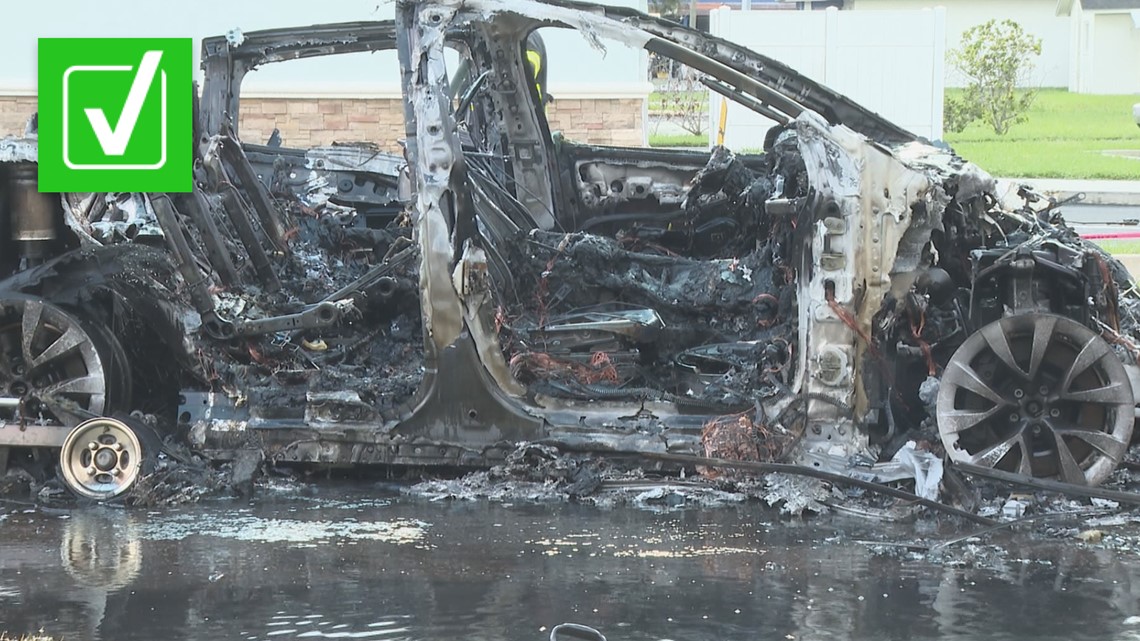Coastal flooding and EVs are not a good mix.

 www.wtsp.com
www.wtsp.com

Yes, electric vehicles are prone to igniting in flood, saltwater
Officials warn electric vehicles impacted by surge experienced after Hurricane Idalia could catch fire.


